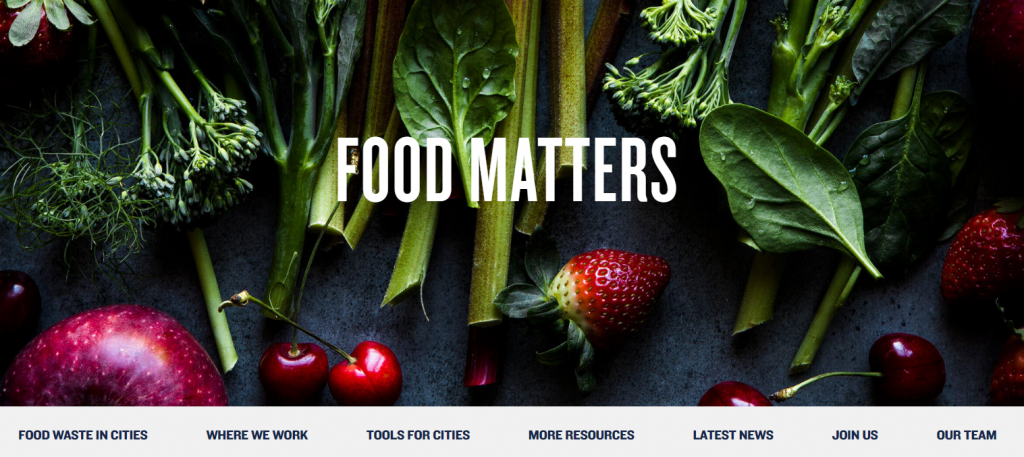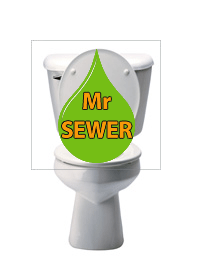Illinois Environmental Protection Agency (Illinois EPA) Director John J. Kim recently announced a new funding to assist counties and other units of local government in implementing their solid waste planning obligations under the Illinois Solid Waste Planning and Recycling Act (SWPRA). This funding opportunity follows a recommendation from the Statewide Materials Management Advisory committee that recommended, in its July 2021 report, that the Illinois EPA provide financial support to units of local government to enable them to make meaningful updates to their statutorily required solid waste management plans. A Notice of Funding Opportunity (NOFO) has been posted to the Illinois EPA website.
“Under the Solid Waste Planning and Recycling Act, counties and units of local government are obligated to revisit their Illinois Solid Waste Management Plans every five years and, if necessary, submit plans with significant updates to the Illinois EPA,” said Director Kim. “These grants provide an important resource to county and local governments as they update these plans for managing solid waste disposal and recycling.”
The Illinois EPA Waste Reduction and Compliance Section is responsible for reviewing county solid waste management plans submitted pursuant to the SWPRA. Through this funding opportunity, Illinois EPA intends to provide interested counties, and other units of local government required to develop a county solid waste management plan, financial assistance to help prepare the next plan update.
Eligible projects include, but are not limited to:
- Conducting a local solid waste and materials management needs assessment;
- Surveying local solid waste and materials management stakeholders to determine programmatic expansion viability;
- Internally authoring solid waste management plan updates; or
- Procuring consulting services to prepare solid waste management plan updates.
The Illinois EPA Waste Reduction and Compliance Section (WRCS) is responsible for reviewing County Solid Waste Management Plans submitted pursuant to the SWPRA.
Each county or unit of local government required to develop a solid waste management plan is eligible for $5,000.00 of funding. Applications must be submitted electronically to epa.recycling@illinois.gov and are due by 5:00 PM (CST) on May 31, 2022. Applicants may not apply for a grant until they are pre–qualified through the Grant Accountability and Transparency Act (GATA) Grantee portal.



